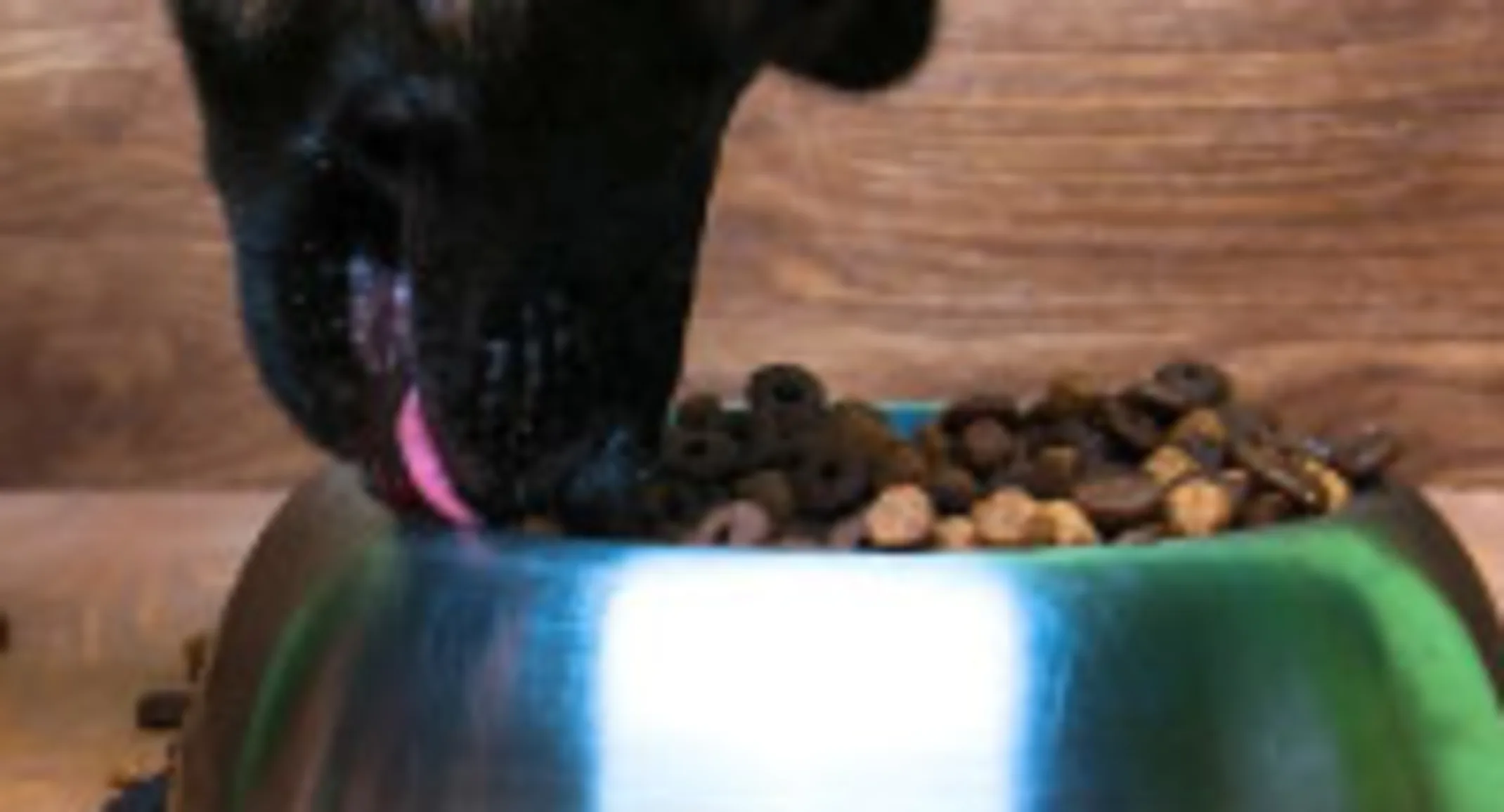Could You Be Feeding Your Pet the Wrong Food?
General

So, how do you know if you are feeding the right food? As pet health experts, we’re here to weigh in on signs to look out for that might mean it’s time to change pet foods. As always, if you see any of the following symptoms from your pets, please call us right away as treatment and a new diet are likely necessary.
Bowel Issues
Loose stool or diarrhea, excessive flatulence and problems with regular bowel movements (constipation) can be signs that your pet’s current diet is causing digestive issues.
Itchiness
Whether a sudden or a long term issue, scratching or itching more than normal can be caused by a bad reaction or even a food allergy. A constant itchy rectum or anal gland issues is another common symptom of food allergies which should not be ignored. Many pet owners report this after seeing their pets scooting their hind-ends on the floor.
Ear Issues
Similar to Itchiness above, is chronic ear issues. If your pet has ongoing ear issues and you have tried everything but they just won’t go away, food allergies may be the culprit.
Weight and Temperament
Losing or gaining weight in unusual amounts can be due to an excess of carbs or not getting proper nutrients. Naturally, inadequate nutrients may cause a seemingly sluggish pet. This should be considered for both sudden and gradual changes that occur following a diet change.
Loss of Appetite or Illness
If your pet is acting sick after eating or lacks the appetite they had before, their food could be bothering them. Specifically watch for vomited food also. Seeing this more than 1-2 times.
Acting hungry
Pets who act hungry all the time shouldn’t be shunned as greedy without being cleared for other health issues. For healthy pets who still act hungry despite being fed the right amount, likely aren’t receiving the proper nutrients from their foods.
Worried you may be feeding the wrong diet to your best friend? Choosing the right food can literally add years to your pet’s life. Before making a blind choice off the shelf, consider visiting our practice for a nutritional consult with one of our certified veterinary nutrition coaches.

